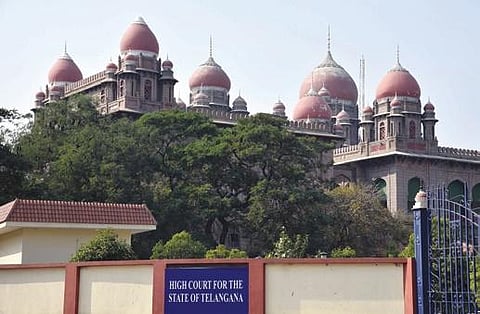

HYDERABAD: In a recent ruling, a division bench of the Telangana High Court has directed the State government to permit petitioners, who are students hailing from Andhra Pradesh, to exercise web options for admissions into MBBS/BDS medical seats across all medical colleges in the State. This directive applies to the 15 per cent non-local/local quota, and any admissions granted are provisional, subject to the final outcome of the ongoing writ petitions. The court clarified that such admissions should not create any inherent rights for the petitioners.
The basis for these writ petitions lies in the challenge against the validity of Government Order (GO) 72, issued on July 3. The GO allocated 100 per cent of MBBS/BDS seats under the competent authority quota in medical colleges established after June 2, 2014, exclusively to students from Telangana, thereby excluding students from Andhra Pradesh.
The division bench, presided over by Chief Justice Alok Aradhe and Justice T Vinod Kumar, conducted the hearing. The main petitioner, Gangineni Sai Bhavana, hailing from the Prakasam District of Andhra Pradesh, along with another petitioner, contended that the GO displayed significant arbitrariness, and irregularity, and was in violation of various provisions of the AP Reorganisation Act, 2014, particularly Section 95.
In their argument, the petitioners emphasised that the order infringed upon the principles enshrined in Articles 14 and 21 of the Constitution. The reservation policy was perceived as discriminatory, raising concerns about fairness and equal opportunity.
The unilateral and exclusive decision made by the Telangana government was seen as a departure from the principles of fairness, equality, and merit. It was viewed as depriving students like the petitioners of an equitable chance to pursue their desired profession, which should ideally be based on their academic performance and diligent efforts.